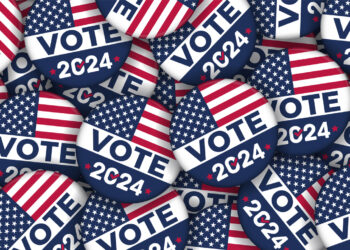As an employee of a UK-based company, and the editor of this blog which features several British authors, I spend a good deal of my time translating “-re’s” to “-er’s” and “-our’s” to “-or’s” (when I have no idea what Phill Jones or David Smith are trying to say, I usually assume that they’re using obscure Cockney rhyming slang). But how did these different spelling conventions come about?
The informative and entertaining video series from Mental Floss provides a history lesson of the conflict between two dictionaries (Samuel Johnson’s and Noah Webster’s), and how British disdain for Americans led to the solidifying of these differences.
Discussion
4 Thoughts on "American Versus British Spellings"
Our new President-elect always spells judgment as judgement in his tweets, so maybe that will be a bellwether.
British disdain for Americans… I can’t help but wonder if this wasn’t a mutual feeling? I am plagued by the spelling disconnect on a daily basis. We manage to have some fun with it, but when it comes to public releases, it’s very difficult to overcome. The fact is, Brits don’t like looking at American spellings. Whilst, if British spellings are used (or words…like the one at the beginning of this sentence), Americans often assume you are illiterate.
This presents quite a challenge when seeking compromise. Perhaps I should link to this video in our press releases!
Bouth are equally inferiour to hyper-corrected Canadian spellings.
American spelling is much simpler and more intuitive and concise.
Compare and see:
American: Color, flavor, signaling, modeling, program, ….versus:
British: Colour, flavour, signalling, modelling, programme…!



